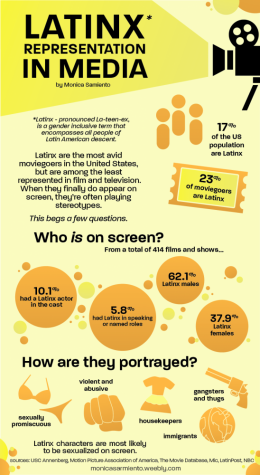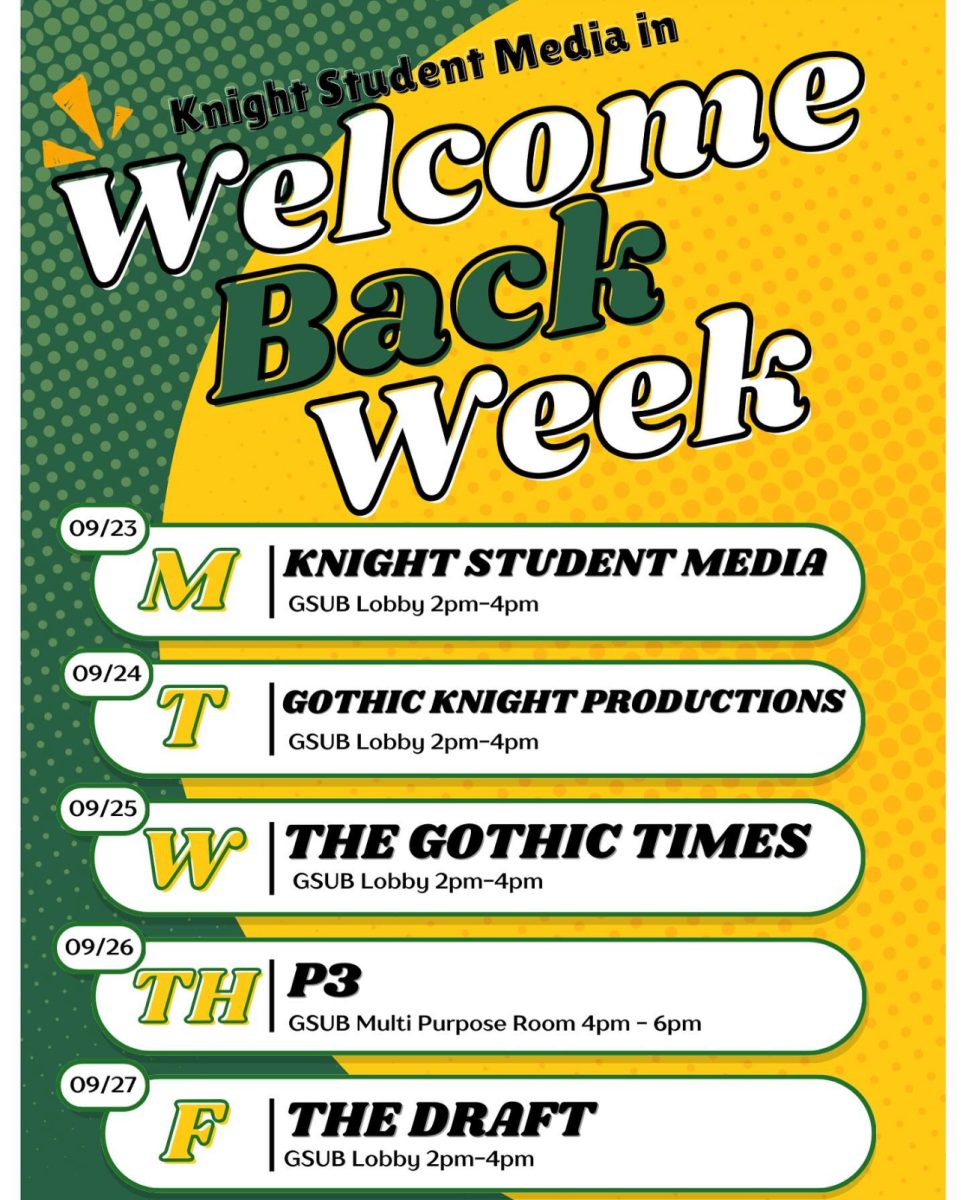Hollywood’s Slow Crawl Towards Diversity
May 30, 2017
When you’re seated comfortably in a dark theater with a large popcorn in your lap, chances are diversity might not be something on your mind. You might not even think about it long after the credits have rolled and you’ve made your way home.
For many people, on-screen representation and diversity might not matter much at all. Unfortunately for many women, people of color, the LGBTQA community and pretty much anyone that isn’t a straight, white male, it matters a lot.
You may remember hearing about the #OscarsSoWhite controversy, which arose after the Academy of Motion Picture Arts and Sciences failed to nominate any black, Asian and Latinx* actors in 2015 and 2016. This year, it appeared that the Academy had finally learned from their mistakes and the 89th Academy Awards ended up being a huge night for many actors and filmmakers of color.
Finally giving people of color their rightfully deserved awards doesn’t change the fact there’s still a major problem with Hollywood’s lack of diversity, however.
The University of Southern California (USC) Annenberg did a study last year that looked at 414 stories—109 films and 305 broadcast, cable, and digital series—and gathered information in regards to role, demographics, hyper-sexualization, and gender.
At the end of their comprehensive research, USC came up with a very simple conclusion: there’s (still) a huge lack of representation in Hollywood.
This issue with diversity affects many people, but especially minorities that are already underrepresented. Of the 414 stories, only 28.3% of the speaking or named characters were from an underrepresented ethnic/racial group. Black, Latinx, Asian, Middle Eastern and other people of color just aren’t seeing their faces and stories properly represented on screen. People of color see even less of their own getting the chance to present these stories in the rst place.
For any person of color in America, instances where they were able to see characters that looked like them were few and far between. Sure, some progress is being made towards more diversity and representation in Hollywood, but when you look at the numbers it’s obvious that there’s still more work to be done.
*Latinx, pronounced La-teen-ex, is the gender inclusive term that encompasses all people of Latin American descent.












